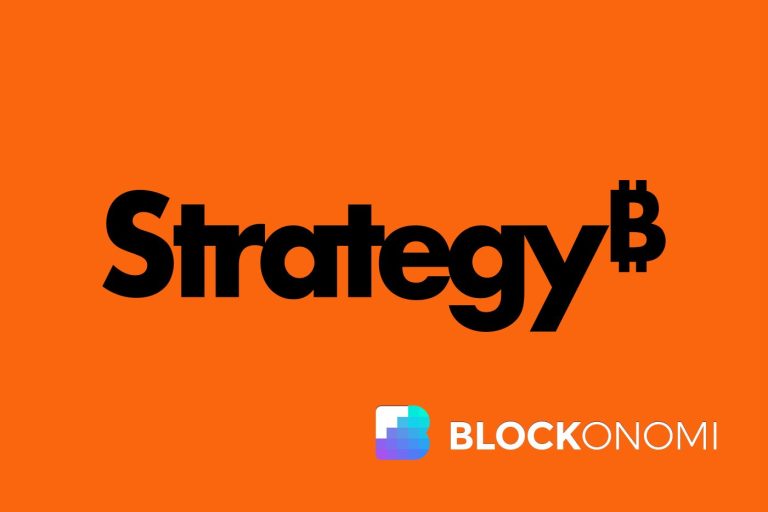
The Role of Adaptability in Personal Growth

Adaptability isn’t just a skill; it’s a transformative power that fuels personal growth and development. By embracing change and learning to adjust, individuals can unlock new opportunities and experiences that foster a deeper understanding of themselves and the world around them.
Learning from Experiences
Adaptability fosters personal growth by pushing you out of your comfort zone. This willingness to embrace change allows you to learn from each experience, whether it’s a success or a setback. Each lesson shapes your perspective, enhancing your ability to navigate future challenges.
Overcoming Challenges
Adapting to challenges is crucial for personal development. It involves recognizing obstacles, devising strategies to overcome them, and implementing solutions effectively. This process not only builds resilience but also instills a sense of achievement and confidence.
Continuous Self-Improvement
The journey of self-improvement is ongoing. Adaptability plays a key role in this process by enabling you to integrate new knowledge and skills continually. It encourages a growth mindset, which is essential for lifelong learning and success.
Embracing adaptability means committing to continuous self-improvement and learning, ensuring you remain relevant and capable in an ever-changing world.
Adaptability in the Workplace

Navigating Career Transitions
In today’s fast-paced job market, navigating career transitions is more crucial than ever. Whether it’s shifting industries, climbing the corporate ladder, or starting a new venture, adaptability allows individuals to thrive amidst change. Key strategies include continuous learning, networking, and staying abreast of industry trends.
Fostering Innovation
Adaptability is the backbone of innovation in any workplace. Teams that embrace change and are willing to experiment often find themselves at the forefront of breakthroughs. Encouraging a culture of curiosity and flexibility can lead to significant advancements and a competitive edge in the market.
Building Resilient Teams
Resilient teams are built on the foundation of adaptability. These teams not only withstand challenges but also emerge stronger. Key components include diverse skill sets, open communication, and a shared vision. Integrating wellness into work boosts morale, reduces stress, and improves decision-making, making it a vital part of building such teams.
The Impact of Technology on Adaptability

Keeping Up with Tech Trends
In today’s fast-paced world, keeping up with tech trends is not just beneficial; it’s essential for staying competitive and adaptable. From the latest smartphones to cutting-edge software, technology evolves at a breakneck pace. Individuals and businesses alike must stay informed to leverage these advancements for growth and efficiency.
Integrating New Tools
The integration of new tools into daily operations can significantly boost productivity and adaptability. Embracing cloud-based collaboration tools and AI automation, for instance, has shown to drive efficiency, potentially paving the way for a more flexible work environment, like a four-day workweek. This shift not only enhances work performance but also promotes a better work-life balance.
Digital Literacy and Adaptability
Digital literacy is now a cornerstone of modern adaptability. Being proficient in digital tools and platforms ensures that individuals and organizations can thrive in a digitally-driven world. It’s crucial to not only understand how to use these tools but also to comprehend their impact on communication, workflow, and overall business strategy. A focus on continuous learning and upskilling in digital technologies is imperative for success in any field.
Cultural Adaptability in a Globalized World

Learning from Experiences
In today’s interconnected world, understanding cultural differences is not just beneficial; it’s essential. By embracing the diverse ways of life, values, and customs that define various cultures, individuals and organizations can foster a more inclusive and dynamic environment. This adaptability can lead to enhanced creativity and problem-solving skills, making it a cornerstone of personal and professional growth.
Overcoming Challenges
Navigating through cultural barriers requires more than just knowledge; it involves a deep respect and genuine curiosity about others. Adapting to different cultural norms and expectations can sometimes be challenging, but it’s a rewarding endeavor that enhances interpersonal relationships and business operations. Effective communication and continuous learning are key to overcoming these challenges and thriving in a globalized marketplace.
Continuous Self-Improvement
In the realm of global interaction, the journey of self-improvement never ends. Keeping up with global trends and integrating new cultural insights into daily practices are crucial for staying relevant and competitive. This ongoing process not only enriches one’s personal life but also bolsters professional capabilities, making adaptability an invaluable skill in today’s world.
Conclusion
In a world that is constantly evolving, adaptability is not just a valuable skill, but a necessary one. Embracing change allows us to thrive in our personal and professional lives, fostering growth and innovation. By staying flexible, we can overcome challenges, seize opportunities, and continue to flourish in an ever-changing landscape. Let’s commit to being adaptable, embracing the new and unknown with open arms, and shaping a future that is as dynamic as it is promising.






